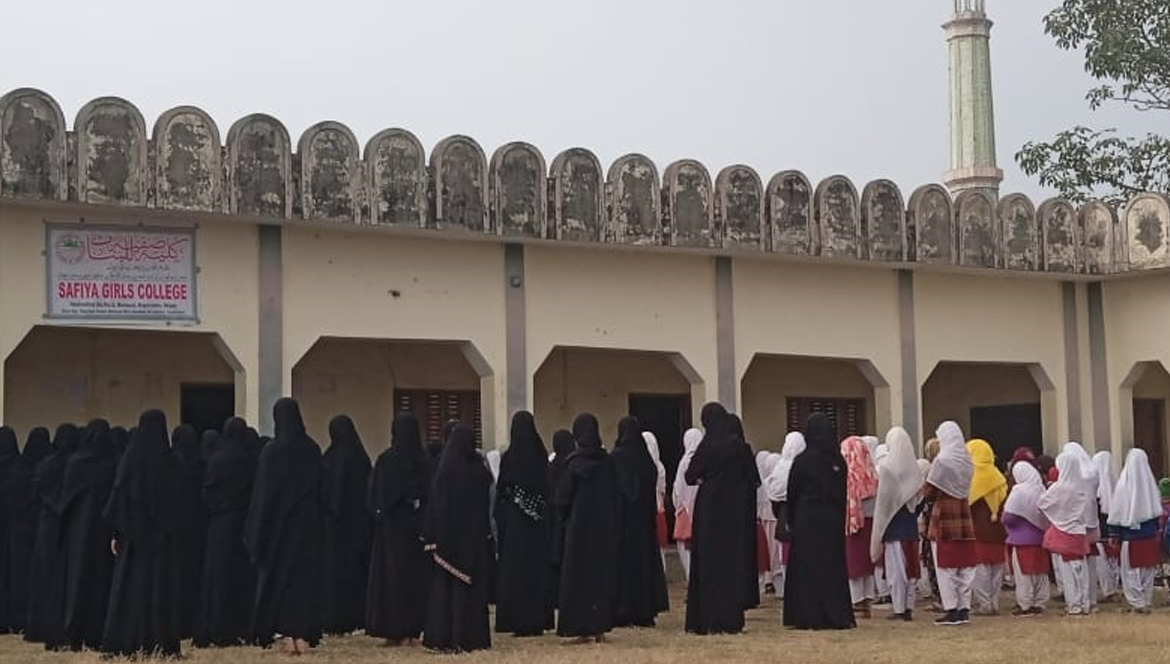Transforming Lives Through WASH Programs in Nepal: Clean Water, Sanitation, and Hygiene for All
Transforming Lives Through WASH Programs in Nepal: Clean Water, Sanitation, and Hygiene for All
Access to clean water, adequate sanitation, and proper hygiene (WASH) is a fundamental human right. Yet, for many communities in Nepal, these essentials remain out of reach. WASH programs play a crucial role in bridging this gap, improving public health, and fostering sustainable development in both rural and urban areas.
This blog delves into the impact of WASH initiatives in Nepal and their importance in creating a healthier and more equitable society.
Why WASH Matters
WASH is not just about water, sanitation, and hygiene; it’s about dignity, health, and opportunity. Lack of WASH facilities leads to numerous challenges:
- Health Risks: Contaminated water and poor sanitation are leading causes of waterborne diseases like diarrhea, cholera, and typhoid.
- Gender Inequality: Women and girls often bear the burden of collecting water, missing out on education and economic opportunities.
- Child Mortality: Poor hygiene and sanitation contribute significantly to child mortality rates in Nepal.
- Economic Impact: Illnesses related to poor WASH facilities impose a heavy financial burden on families and the healthcare system.
The State of WASH in Nepal
Nepal has made significant progress in recent years. According to the Nepal Demographic and Health Survey, access to improved drinking water and sanitation facilities has steadily increased. However, challenges persist, especially in remote and underserved areas:
- Open defecation remains an issue in some communities.
- Access to safe drinking water is unevenly distributed.
- Awareness about hygiene practices, such as handwashing, is still lacking in many areas.
Key Components of WASH Programs in Nepal
- Safe Water Access:
-
- Installing tube wells, boreholes, and rainwater harvesting systems.
- Promoting community-led initiatives for maintaining water sources.
- Improved Sanitation:
-
- Constructing eco-friendly and cost-effective toilets.
- Encouraging communities to adopt open defecation-free practices through awareness campaigns.
- Hygiene Promotion:
-
- Educating communities about handwashing, menstrual hygiene, and waste management.
- Distributing hygiene kits in schools and health centers.
- Emergency Response:
-
- Ensuring WASH facilities during natural disasters like floods and earthquakes.
Success Stories and Challenges
Success Stories:
- Nepal’s Open Defecation Free (ODF) campaign has been a milestone, with many districts declared ODF zones.
- WASH programs in schools have improved attendance, particularly for girls during menstruation.
Challenges:
- Geographic barriers make it difficult to implement WASH infrastructure in remote mountain regions.
- Climate change impacts water availability and increases the frequency of natural disasters.
- Behavioral change requires long-term engagement with communities.
Future Directions
To sustain progress and address remaining gaps, WASH programs must focus on:
- Community Ownership: Encouraging local involvement in planning, execution, and maintenance.
- Integrated Approaches: Linking WASH with health, education, and gender equality initiatives.
- Technology and Innovation: Leveraging affordable and sustainable solutions like solar-powered water pumps and bio-toilets.
- Policy and Investment: Strengthening government policies and increasing funding for WASH infrastructure and education.
Conclusion
WASH programs are transforming lives in Nepal, offering hope and opportunity to millions. By ensuring access to clean water, sanitation, and hygiene, we are not just addressing immediate needs but also laying the foundation for healthier communities and a sustainable future.
Investing in WASH means investing in Nepal’s most valuable resource—its people. Let us continue to support and expand these programs to ensure every individual has the dignity and opportunity they deserve.
Together, we can build a cleaner, healthier, and more resilient Nepal.



